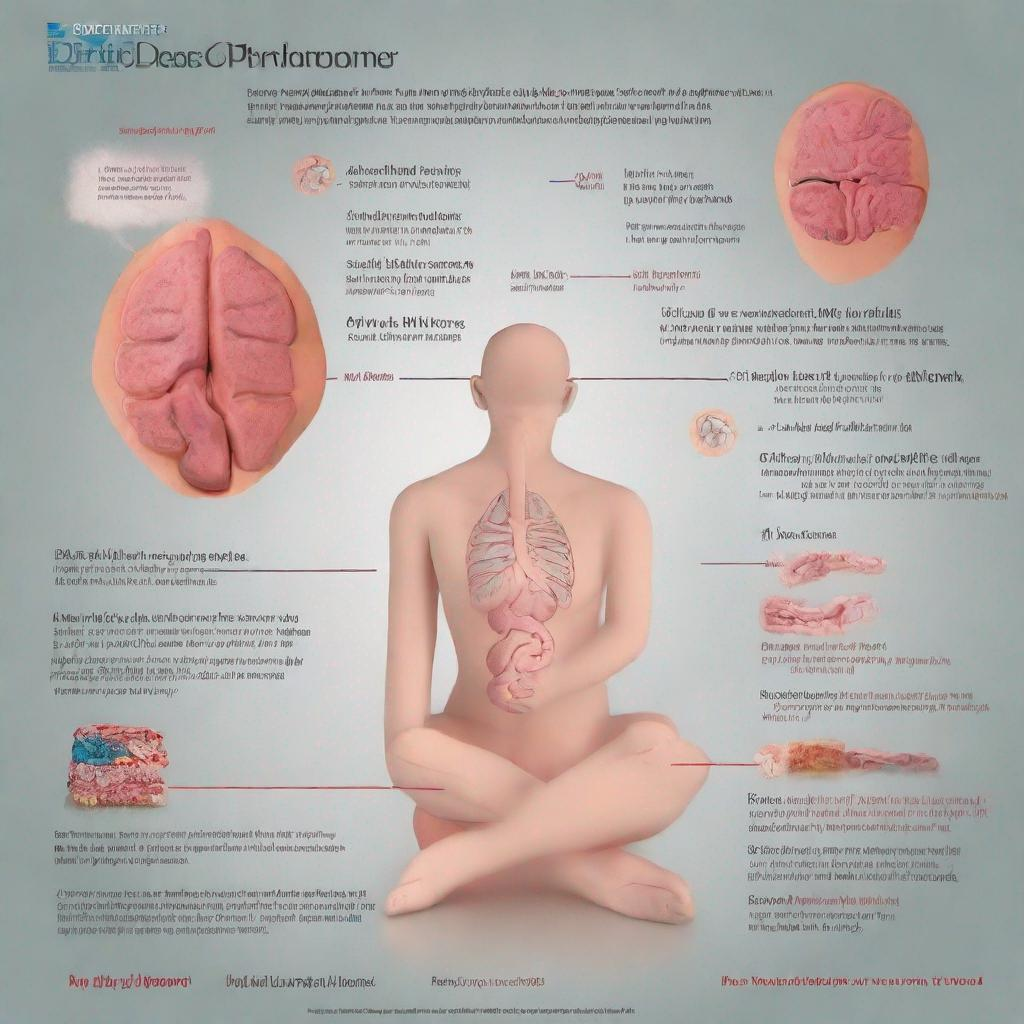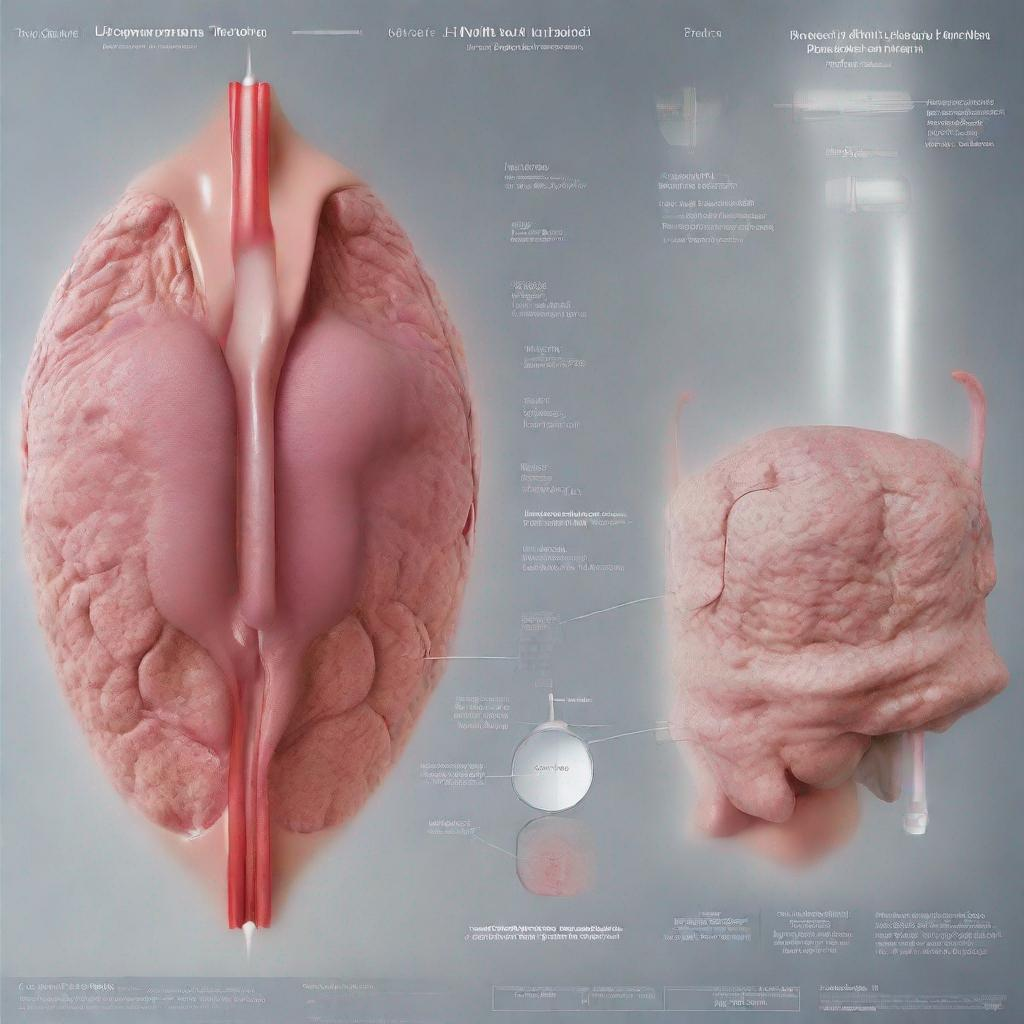## Drug Use Disorders
**Introduction**
Drug use disorders, commonly referred to as addiction or substance abuse, arise when an individual continues using drugs despite experiencing adverse physical, mental, and social consequences. These disorders can involve various substances, including alcohol, prescription drugs, and illegal drugs.
**Symptoms**
Symptoms of drug use disorders vary depending on the substance(s) used, but may include:
– **Body Parts Affected:** Liver damage, heart disease, lung infections
– **Brain:** Impaired judgment, hallucinations
– **Nervous system:** Seizures, tremors, insomnia
– **Mental and Behavioral:** Anxiety, depression, euphoria, withdrawal syndrome
**Diagnosis**
Diagnosing a drug use disorder involves a comprehensive evaluation that includes:
– **Physical examination** to assess physical health
– **Mental health assessment** to evaluate psychological symptoms and any underlying mental disorders
– **Drug use history and screening tests** to determine the extent of substance use
**Doctors Involved**
Diagnosing and treating drug use disorders typically involves collaboration among various healthcare professionals, including:
– Psychiatrists
– Addiction medicine specialists
– Primary care physicians
– Nurses
**Prevention**
Preventing drug use disorders is crucial. Strategies include:
– **Education:** Raising awareness about the risks of drug use
– **Early intervention:** Identifying individuals at risk and providing support
– **Community programs:** Offering support services and resources to reduce the likelihood of drug initiation
**Treatment**
Treating drug use disorders requires a comprehensive approach that may involve:
– **Detoxification:** Medically supervised process to safely withdraw from substances
– **Residential or outpatient treatment:** Providing structured therapy, support, and monitoring
– **Behavioral therapy:** CBT (cognitive-behavioral therapy), MI (motivational interviewing), contingency management
– **Medication:** Naltrexone, methadone, buprenorphine, Vivitrol (to reduce cravings or prevent withdrawal)
– **Peer support groups:** Connecting individuals with others in recovery
– **Relapse prevention:** Teaching strategies to manage triggers and prevent relapse
**Complications**
Untreated drug use disorders can lead to severe complications, including:
– Overdose and death
– Cardiovascular disease
– Cancer
– Mental health disorders (e.g., depression, anxiety)
– Social problems (e.g., job loss, relationship difficulties)
– Financial difficulties
**Conclusion**
Drug use disorders are complex and serious conditions that can have devastating consequences. Early diagnosis and comprehensive treatment are essential for promoting recovery and reducing the risks of long-term harm. By working together, healthcare providers, individuals with drug use disorders, and their families can effectively address these disorders and improve overall well-being.



